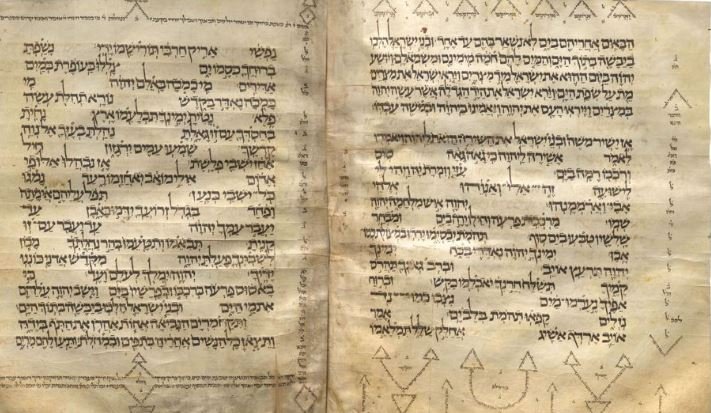Jewish literature plays a crucial role in documenting and preserving Jewish cultural identity. It encompasses a wide range of genres and styles, reflecting the diverse experiences and histories of Jewish communities around the world. By capturing the essence of Jewish life, literature helps to maintain a connection to heritage and tradition.

Historical Narratives and Cultural Memory
Historical narratives in Jewish literature provide a rich source of cultural memory. Works such as Elie Wiesel’s “Night” and Isaac Bashevis Singer’s “The Slave” delve into the Jewish experience during significant historical events like the Holocaust and the Jewish diaspora. These narratives not only educate readers about Jewish history but also preserve the collective memory of these experiences.
Religious Texts and Spiritual Identity
Religious texts are fundamental to Jewish literature, offering insights into the spiritual and ethical dimensions of Jewish identity. The Torah, Talmud, and Midrashic literature are central to understanding Jewish religious beliefs, practices, and moral values. These texts continue to influence contemporary Jewish thought and identity.
Folktales and Oral Traditions
Jewish folktales and oral traditions are an integral part of Jewish literature. Stories like those collected in Howard Schwartz’s “Leaves from the Garden of Eden” capture the folklore that has been passed down through generations. These tales often carry moral lessons and reflect the values and customs of Jewish communities, reinforcing cultural identity.
Contemporary Jewish Voices
Contemporary Jewish literature explores modern themes and issues faced by Jewish communities today. Authors like Philip Roth and Nicole Krauss address topics such as assimilation, identity, and the challenges of maintaining cultural traditions in a modern world. These works provide a platform for Jewish voices in the contemporary literary landscape.
Language and Identity
Language is a significant aspect of Jewish literature and cultural identity. The use of Hebrew, Yiddish, and Ladino in literary works connects readers to their linguistic heritage. Writers like Sholem Aleichem and Amos Oz have used these languages to express Jewish experiences, further preserving linguistic identity.
Representation of Jewish Life
Jewish literature offers a diverse representation of Jewish life across different cultures and communities. It portrays the daily lives, struggles, and triumphs of Jewish people, providing a comprehensive view of Jewish existence. This representation helps to foster understanding and empathy among readers of all backgrounds.
Exploring Themes of Exile and Return
Themes of exile and return are prevalent in Jewish literature, reflecting the historical experiences of displacement and the longing for a homeland. Works like “Exodus” by Leon Uris and “My Name Is Asher Lev” by Chaim Potok explore these themes, highlighting the enduring connection to Israel and the concept of return.
Literature as a Means of Resistance
Jewish literature has often served as a means of resistance against oppression and persecution. During times of adversity, writers used their works to document injustices and inspire resilience. This tradition of literary resistance continues to empower and unite Jewish communities.
Educational Value
Jewish literature holds significant educational value, teaching readers about Jewish history, culture, and values. It is used in academic settings to provide a deeper understanding of Jewish identity and heritage. Educational programs often incorporate Jewish literature to enrich the learning experience.
Promoting Interfaith Dialogue
Jewish literature also promotes interfaith dialogue and understanding. By sharing Jewish experiences and perspectives, literature can bridge cultural gaps and foster mutual respect among different religious communities. Works by authors like Elie Wiesel, who wrote extensively about the Holocaust, encourage empathy and solidarity.
Conclusion
Jewish literature plays an essential role in documenting and preserving Jewish cultural identity. Through historical narratives, religious texts, folktales, contemporary voices, and more, it captures the diverse experiences and rich heritage of Jewish communities. By continuing to explore and engage with Jewish literature, individuals can deepen their understanding of Jewish identity and contribute to its ongoing preservation.



